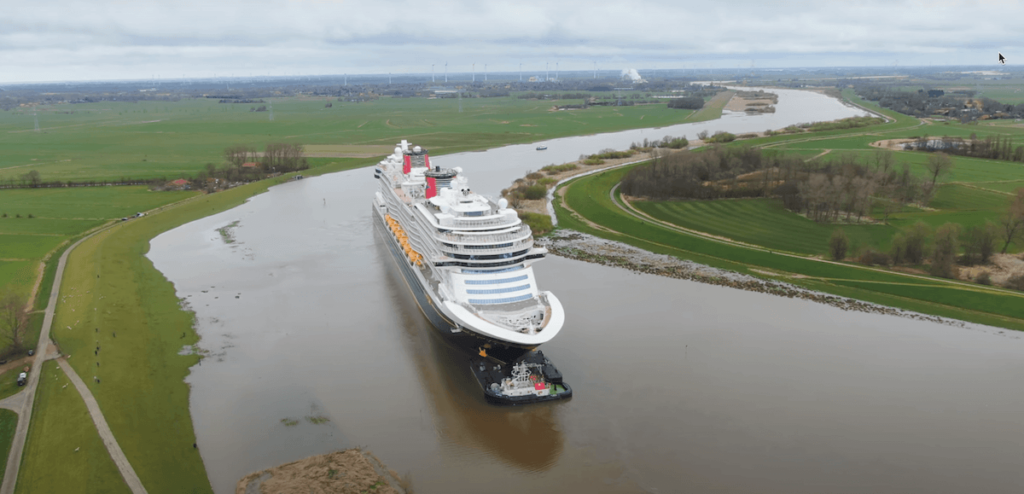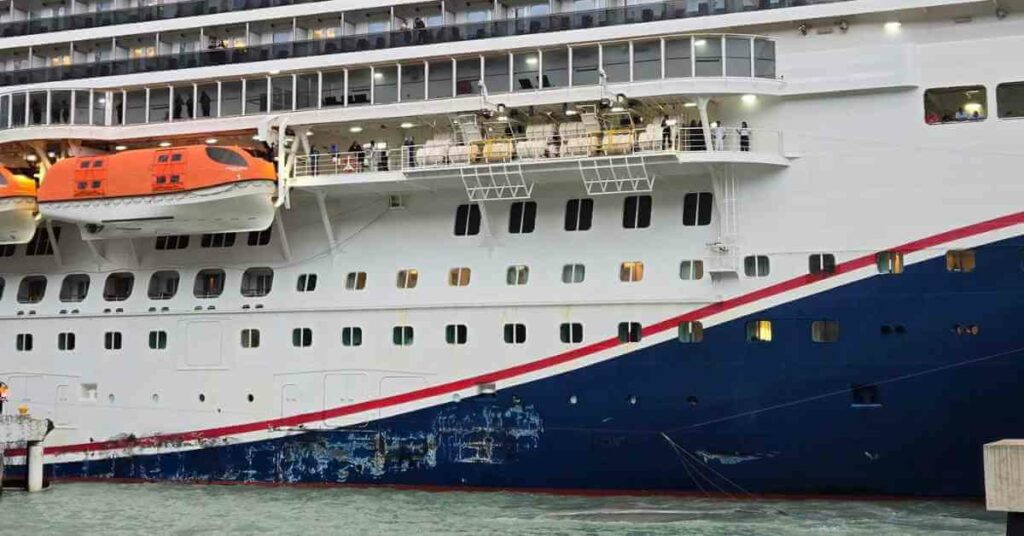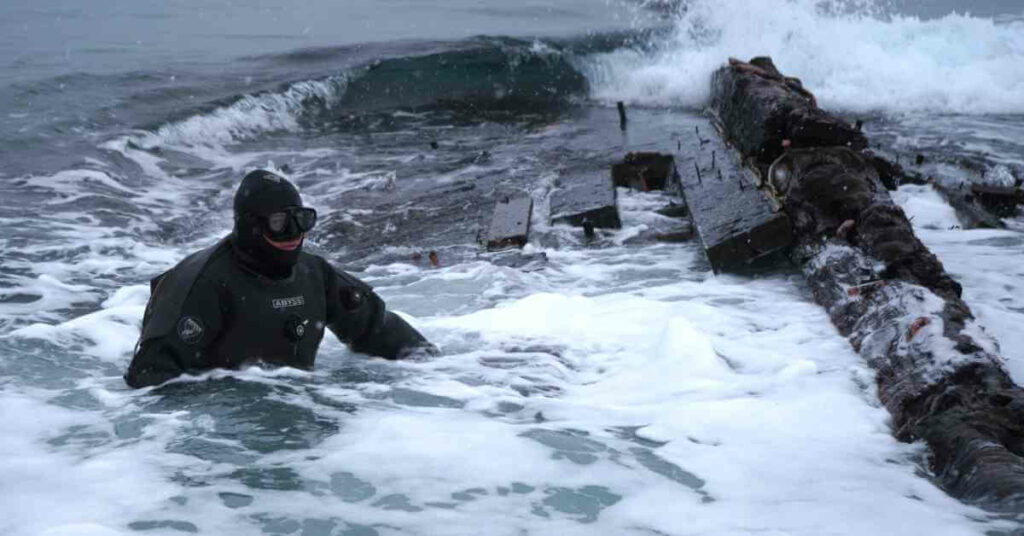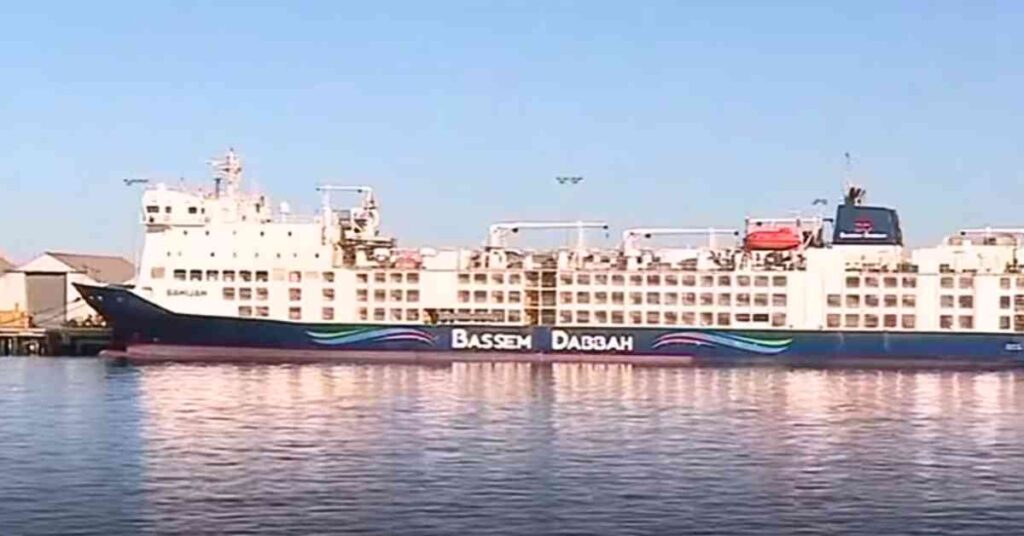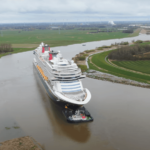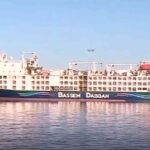IMO Launches Galapagos-Based Video Highlighting Work To Tackle Invasive Aquatic Species
The spread of invasive aquatic species (IAS) – marine organisms that have spread or been introduced beyond their native range – is recognized as one of the greatest threats to the ecological and economic well-being of the planet because of the serious harm they can do to a new environment.
Invasive aquatic species can be dispersed via biofouling on ships’ hulls or other underwater surfaces. They can destroy entire native ecosystems, potentially costing millions of dollars to economies that rely on the coastal and marine environment through tourism, aquaculture and fisheries, and because of expensive damage to infrastructure. IAS are one of the primary causes of biodiversity loss globally.
Video Credits: IMOHQ / YouTube
IMO’s Glofouling Partnerships project is working to address this issue.
The project recently travelled to the Galapagos Islands, a beautiful island archipelago 1000km off the coast of Ecuador, and home to some of the world’s most unique endemic wildlife species. The purpose was to bring together marine biology scientists and related experts from around world for an international workshop on biofouling management to prevent the spread of invasive aquatic species in Marine Protected Areas (MPAs) and Particularly sensitive Sea Areas (PSSAs).
The event (6-9 June) took place at the Charles Darwin Foundation, an international non-profit organization dedicated to the environmental conservation of the Galapagos.
Participants from 20 countries discussed the best solutions for preventing the introduction of invasive species via ships’ biofouling and saw demonstrations of different methods of in-water inspections of vessels. The practical demonstrations ranged from divers with hand-held cameras, inspections using small drones, and remotely operated vehicles or robots. Samples of biofouling collected during the demonstrations were then analysed in a lab on-site.
Lilia Khodjet El Khil, Technical Manager for the GloFlouling project described the breadth of expertise of those who attended:
“The participants are a mixture of ports, biosafety agencies, government representatives, industry stakeholders, solution providers, and experts from all over the world who came together to discuss ways and means to minimise the introduction of invasive aquatic species from ships via biofouling in vulnerable marine ecosystems.”
Inti Keith of the Charles Darwin Foundation explained the link between biofouling management and sustainability:
“Biofouling management is very important, not only because it stops the introduction of species from one region to another, but in these days where climate change is such a problem, fuel management has to be considered. So, having a clean hull and managing biofouling is really important for the conservation and sustainability of marine ecosystems worldwide.”
A report based on the workshop’s outcomes will be published later this year which will include recommendations on areas where additional guidance, research or development is needed.
On the UN’s International Day of the Tropics (29 June), IMO is launching a video about the work of the GloFouling Partnerships project. Filmed amongst the stunning wildlife of the Galapagos, it illustrates the urgent need to tackle the threat of biofouling to vulnerable marine ecosystems and shows the work that IMO and its partners are doing to protect the precious biodiversity of the world’s oceans.
Press Release
Do you have info to share with us ? Suggest a correction
About Author
Marine Insight News Network is a premier source for up-to-date, comprehensive, and insightful coverage of the maritime industry. Dedicated to offering the latest news, trends, and analyses in shipping, marine technology, regulations, and global maritime affairs, Marine Insight News Network prides itself on delivering accurate, engaging, and relevant information.

About Author
Marine Insight News Network is a premier source for up-to-date, comprehensive, and insightful coverage of the maritime industry. Dedicated to offering the latest news, trends, and analyses in shipping, marine technology, regulations, and global maritime affairs, Marine Insight News Network prides itself on delivering accurate, engaging, and relevant information.
Latest Videos Articles You Would Like:
- Watch: Giant Disney Cruise Ship Maneuvers Through Impossibly Narrow River
- Cruise Ship Damaged Due To Severe Weather, Passengers Stuck Abroad
- Archaeologists Examine 19th-Century Shipwreck Found On Canadian Coast
- Australia Stops Livestock Ship From Sailing Around Africa To Israel Amidst Houthi Attacks
- Iran Warns U.S. Of Targeting Cargo Ships Following Latest Airstrikes On Houthis
- Watch: Ukrainian Forces Destroy Russian Missile Boat In Black Sea Operation
Subscribe To Our Newsletters
By subscribing, you agree to our Privacy Policy and may receive occasional deal communications; you can unsubscribe anytime.



